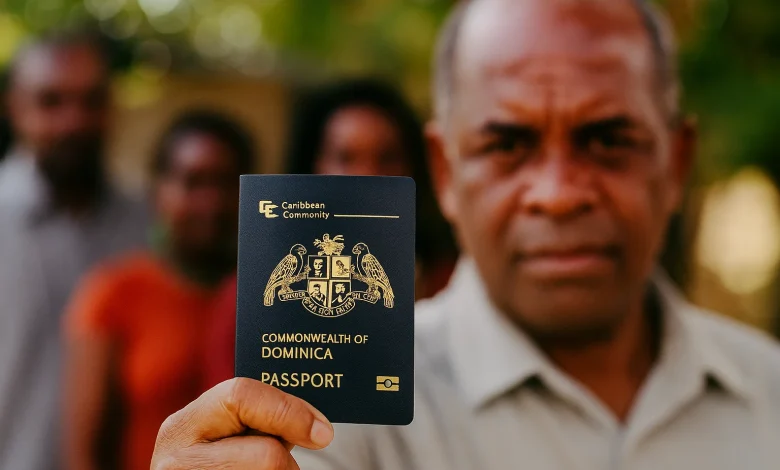Immigration and Passport Act of Dominica

The Immigration and Passport Act is the primary legislation in Dominica regulating the entry, residence, and departure of persons, as well as the issuance and management of passports. Originally enacted as Act No. 5 of 1941 and subsequently amended, it provides the legal framework for immigration control, border management, and the administration of travel documents. The Act is administered by the Ministry of National Security through the Immigration Department of the Dominica Police Force, and plays a central role in shaping Dominica’s immigration law and national security policies.
Historical Background
The Immigration and Passport Act was introduced during the colonial period, but retained its significance after Dominica achieved independence in 1978. Prior to independence, entry and residency were governed by British colonial regulations for the Windward Islands. Post-independence, the Act was revised to align with the Constitution of Dominica, defining the rights of citizens while setting conditions for foreign nationals to live, work, or visit.
Subsequent amendments have modernized the legislation in response to evolving global trends. These include the rise of the Citizenship by Investment (CBI) Programme, regional free movement agreements under the Caribbean Community (CARICOM), and the adoption of machine-readable and biometric passports in keeping with international standards.
Objectives and Principles
The Immigration and Passport Act is guided by several broad objectives and principles:
- Regulate Entry into Dominica: Establish lawful procedures for admission of foreign nationals.
- Control Departure: Ensure orderly and documented exit of residents and visitors.
- Issue and Manage Travel Documents: Provide regulations for the issuance, renewal, and cancellation of Dominican passports.
- Prevent and Penalize Unlawful Immigration: Address illegal entry, overstays, and related offences.
- Protect National Security and Public Order: Restrict entry or residence of individuals considered risks to safety or welfare.
These objectives ensure that Dominica maintains sovereignty over its borders while facilitating lawful migration and international mobility.
Key Provisions of the Act
The Act contains detailed provisions that regulate immigration and travel:
- Categories of Persons: Defines citizens, immigrants, visitors, and residents, along with their rights and obligations.
- Visa Rules: Sets conditions for visa requirements, exemptions, and extensions.
- Residency and Work Permits: Provides the legal framework for temporary residency, permanent residency, and employment permissions.
- Deportation and Removal: Authorizes the detention and removal of persons who breach immigration law.
- Penalties: Establishes offences such as unlawful entry, overstaying permits, or presenting false documentation, with fines or imprisonment as sanctions.
- Passports and Travel Documents: Regulates the issuance, renewal, and cancellation of passports, ensuring compliance with international travel standards.
- Border Control and Enforcement: Grants powers to immigration officers for inspections, searches, and document verification at points of entry and exit.
These provisions collectively safeguard national security, regulate population inflows, and maintain the integrity of Dominica’s travel systems.
Institutional Framework and Application
Implementation of the Act involves multiple bodies. The Ministry of National Security sets policy direction, while the Immigration Department manages day-to-day enforcement, including permits and deportations.
The Act also influences community-level governance, as residents and non-nationals interact with Village Councils such as the Grand Bay Village Council, the Calibishie Village Council, and the Marigot Village Council when integrating into local life.
Contemporary Relevance
The Immigration and Passport Act remains central to Dominica’s immigration management. It supports the Citizenship by Investment Programme, facilitates regional free movement within CARICOM, and guarantees Dominican passports align with international standards. The legislation also adapts to modern challenges such as global migration pressures, disaster recovery after Hurricane Maria (2017), and climate-driven displacement.
By balancing openness with regulation, the Act continues to serve as a foundation for Dominica’s sovereignty, security, and international engagement.




